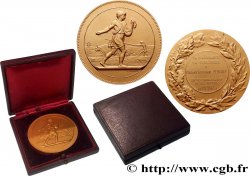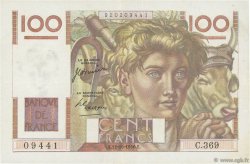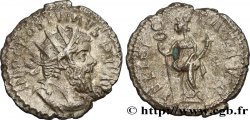70.00 €(Approx. 79.80$ | 60.20£)
Quantity
Add to your cart

Type : Médaille, Centenaire de la Compagnie Transatlantique
Date: 1955
Metal : bronze
Diameter : 68 mm
Orientation dies : 12 h.
Engraver RENARD Marcel (1893-1974)
Weight : 130,73 g.
Edge : lisse + triangle BRONZE
Puncheon : Triangle BRONZE
Coments on the condition:
Patine hétérogène avec des taches noires d’oxydation. Légère usure
Obverse
Obverse legend : CIE - LE / TRANSATLANTIQUE // 1855 / 1955.
Obverse description : Femme debout et tenant un fanion, sur un fond de mappemonde. Signé : MARCEL RENARD.
Reverse
Reverse legend : DEPUIS CENT / ANS / LA COMPAGNIE / GÉNÉRALE TRANSATLANTIQUE. / AU SERVICE DE L’É- / CONOMIE - FRAN- / ÇAISE ET DES ÉCHANGES / INTERNATIONAVX / MAINTIENT / SVR - LES / OCÉANS, LA PRÉSENCE / ET - LE PRESTIGE / DE - LA / FRANCE.
Reverse description : Légende en 11 lignes autour de divers navires et avion. Rose des vents à gauche.
Commentary
La Compagnie générale transatlantique (CGT, souvent surnommée Transat, ou French Line par la clientèle anglophone) est une compagnie maritime française. Fondée en 1855 par les frères Émile et Isaac Péreire sous le nom de Compagnie générale maritime, elle est chargée par l'État d'assurer le transport du courrier vers l'Amérique du Nord et prend son nom définitif en 1861.
Les paquebots de la Compagnie générale transatlantique ont souvent été des ouvrages d'art symboliques de leur époque, destinés à représenter l'image de la France à l'étranger. De même, la qualité de leur service, en particulier celle des repas et des vins, a fidélisé une clientèle fortunée, notamment de riches Américains au temps de la Prohibition. Des années après sa disparition, son patrimoine continue à séduire les collectionneurs et à être mis en valeur au travers d'expositions et d'associations comme French Lines, qui préserve les archives et objets de l'entreprise..
Les paquebots de la Compagnie générale transatlantique ont souvent été des ouvrages d'art symboliques de leur époque, destinés à représenter l'image de la France à l'étranger. De même, la qualité de leur service, en particulier celle des repas et des vins, a fidélisé une clientèle fortunée, notamment de riches Américains au temps de la Prohibition. Des années après sa disparition, son patrimoine continue à séduire les collectionneurs et à être mis en valeur au travers d'expositions et d'associations comme French Lines, qui préserve les archives et objets de l'entreprise..








 Report a mistake
Report a mistake Print the page
Print the page Share my selection
Share my selection Ask a question
Ask a question Consign / sell
Consign / sell
 Full data
Full data















